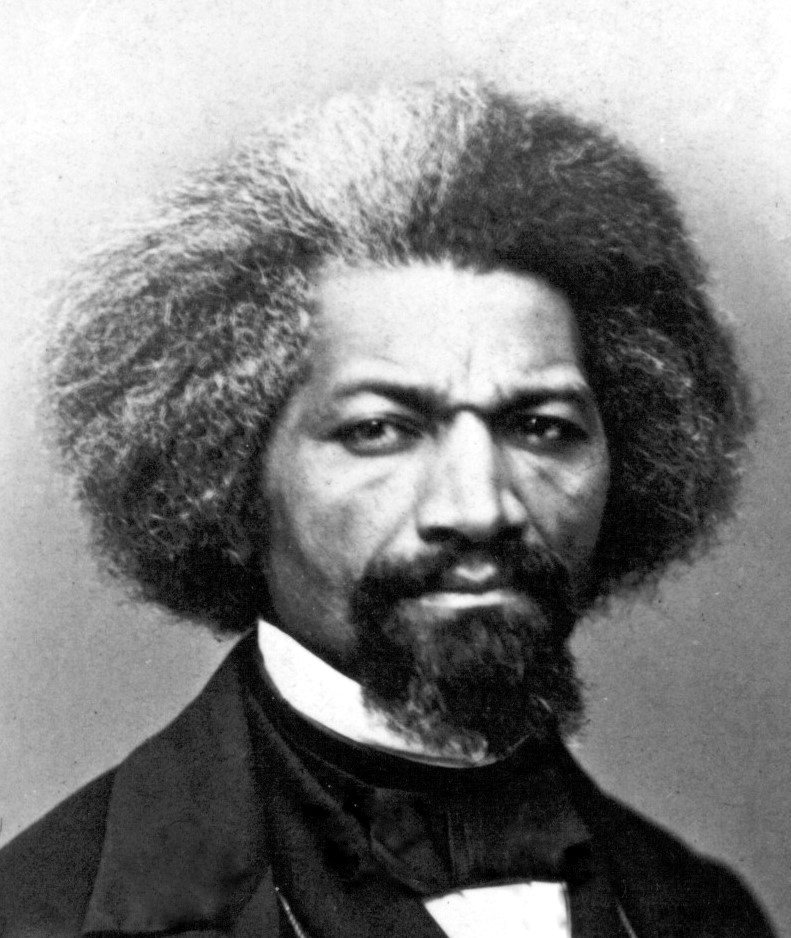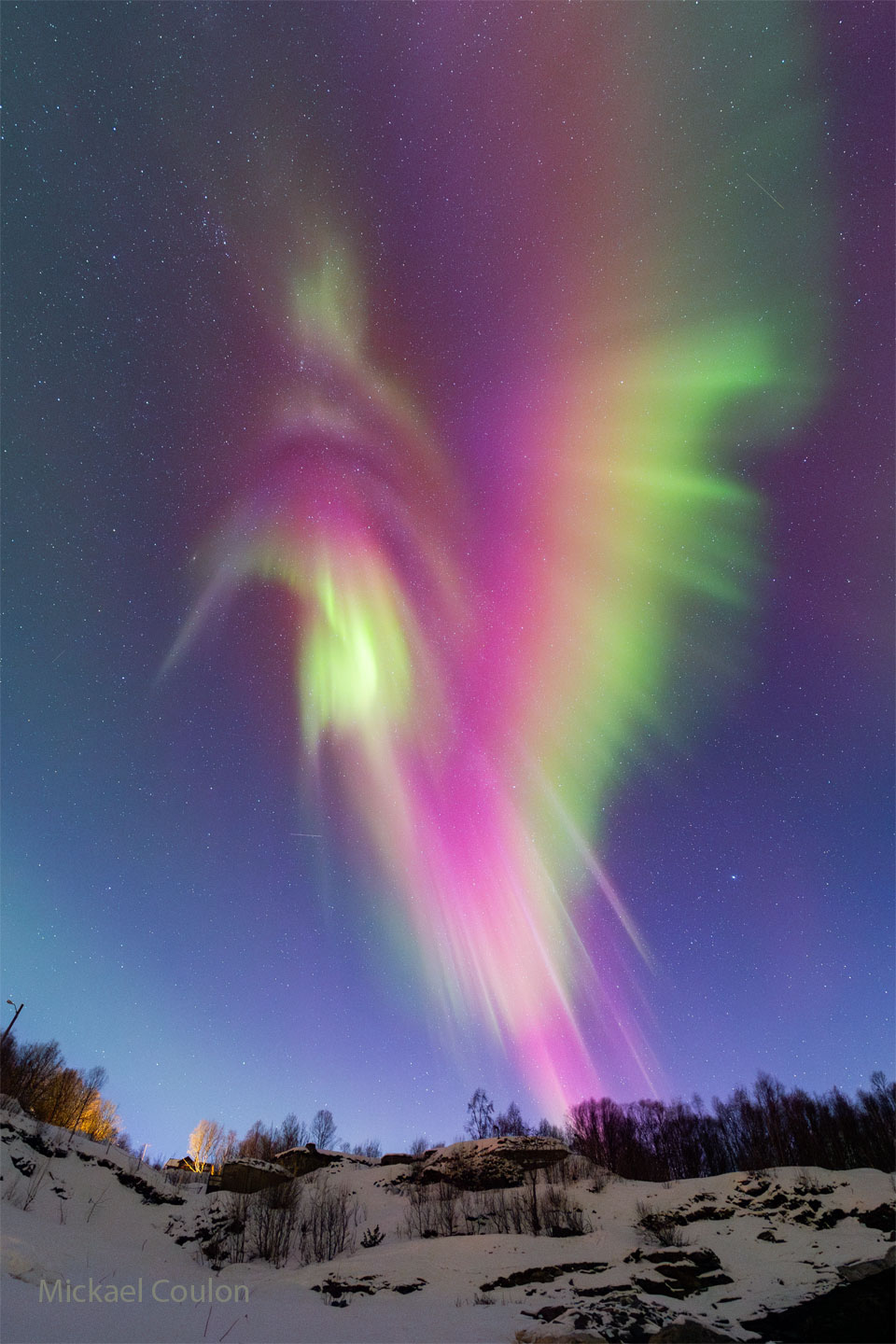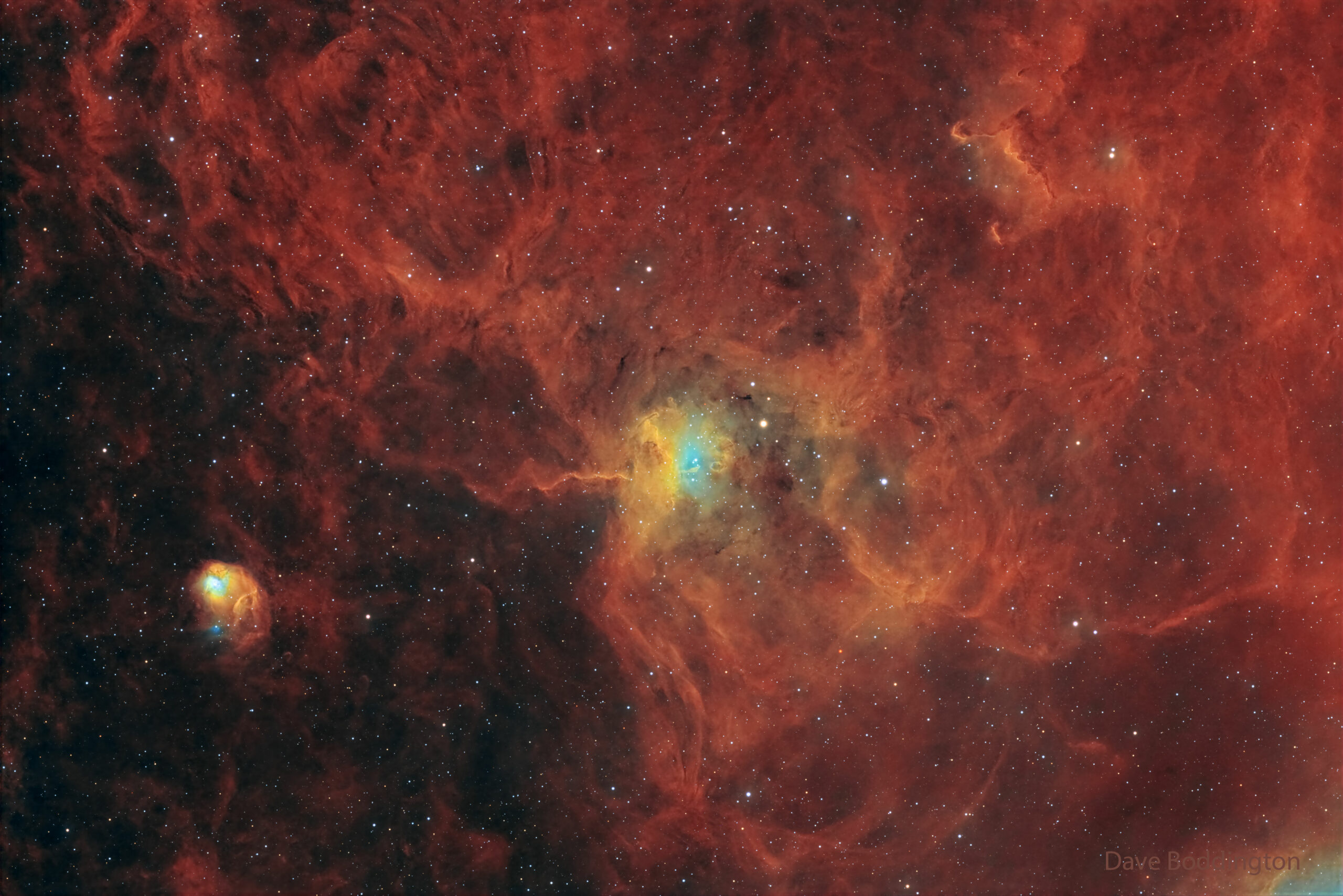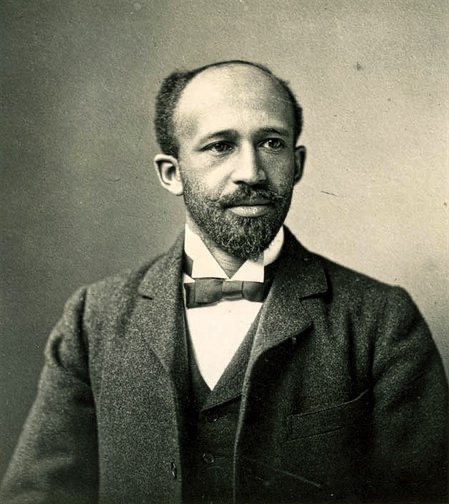Blog

Big John Wrencher (February 12, 1923 – July 15, 1977), also known as One Arm John, was an American blues harmonica player and singer, well known for playing at the Maxwell Street Market in Chicago in the 1960s. He toured Europe in the 1970s.
John Thomas Wrencher was born in Sunflower, Mississippi, United States. He became interested in music as a child and taught himself to play the harmonica at an early age. Beginning in the early 1940s, he worked as an itinerant musician in Tennessee, Missouri, Indiana, and Illinois. By the mid-1940s he had arrived in Chicago and was playing on Maxwell Street and at house parties with Jimmy Rogers, Claude “Blue Smitty” Smith and John Henry Barbee. In the 1950s he moved to Detroit, where he worked with the singer and guitarist Baby Boy Warren and formed his own trio, which performed in the Detroit area and in Clarksdale, Mississippi.
more...What is pictured is actually a beautifully detailed and colorful aurora, complete with rays reminiscent of feathers. This aurora was so bright that it was visible to the unaided eye during blue hour — just after sunset when the sky appears a darkening blue. However, the aurora only looked like a hummingbird through a sensitive camera able to pick up faint glows. As reds typically occurring higher in the Earth’s atmosphere than the greens, the real 3D shape of this aurora would likely appear unfamiliar. Auroras are created when an explosion on the Sun causes high energy particles to flow into the Earth’s atmosphere and excite atoms and molecules of nitrogen and oxygen. The featured image was captured about two weeks ago above Lyngseidt, Norway.

Raymond Daniel Manzarek Jr. (Manczarek; February 12, 1939 – May 20, 2013 Chicago) was an American keyboardist. He is best known as a member of the rock band The Doors, co-founding the group in 1965 with fellow UCLA Film School graduate Jim Morrison. Manzarek is credited for his innovative playing and abilities on organ-style keyboard instruments.
Manzarek was inducted into the Rock and Roll Hall of Fame in 1993 as a Doors member. He was a co-founding member of Nite City from 1977 to 1978 and of Manzarek–Krieger from 2001 until he died in 2013. USA Today described him as “one of the best keyboardists ever”.
more...
Omar Hakim (born February 12, 1959 NY) is an American drummer, producer, arranger and composer. His session work covers jazz, jazz fusion, and pop music. He has worked with Weather Report, David Bowie, Foo Fighters, Chic, Sting, Madonna, Dire Straits, Bryan Ferry, Journey, Kate Bush, George Benson, Miles Davis, Daft Punk, Mariah Carey, the Pussycat Dolls, David Lee Roth, and Celine Dion.
more...William Otis Laswell (born February 12, 1955 Salem, Ill) is an American bass guitarist, record producer, and record label owner. He has been involved in thousands of recordings with many collaborators from all over the world. His music draws from funk, world music, jazz, dub, and ambient styles.
According to music critic Chris Brazier, “Laswell’s pet concept is ‘collision music’ which involves bringing together musicians from wildly divergent but complementary spheres and seeing what comes out.” Although his bands may be credited under the same name and often feature the same roster of musicians, the styles and themes explored on different albums can vary dramatically. Material began as a noisy dance music band, but later albums concentrated on hip hop, jazz, or spoken word readings by William S. Burroughs. Most versions of the band Praxis have included guitarist Buckethead, but they have explored different permutations on albums.
more...Otis Lee Clay (February 11, 1942 – January 8, 2016 Waxsaw, MS) was an American R&B and soul singer, who started in gospel music. In 2013, Clay was inducted to the Blues Hall of Fame.
more...Little Johnny Taylor (born Johnny Lamont Merrett; February 11, 1943 – May 17, 2002 Gregory, AK) was an American blues and soul singer. He made recordings throughout the 1960s and 1970s, and continued public performances through the 1980s and 1990s.
more...Joshua Daniel White (February 11, 1914 – September 5, 1969 Greenville, SC) was an American singer, guitarist, songwriter, actor and civil rights activist. He also recorded under the names Pinewood Tom and Tippy Barton in the 1930s.
White grew up in the South during the 1920s and 1930s. He became a prominent race records artist, with a prolific output of recordings in genres including Piedmont blues, country blues, gospel music, and social protest songs. In 1931, White moved to New York, and within a decade his fame had spread widely. His repertoire expanded to include urban blues, jazz, traditional folk songs, and political protest songs, and he was in demand as an actor on radio, Broadway, and film.
However, White’s anti-segregationist and international human rights political stance presented in many of his recordings and in his speeches at rallies were subsequently used by McCarthyites as a pretext for labeling him a communist to slander and harass him. From 1947 through the mid-1960s, White was caught up in the anti-communist Red Scare, and as a consequence his career suffered. Nonetheless, White’s musical style would go on to influence several generations of musical artists. In 2023, he was inducted in the Blues Hall of Fame.
more...Both are large emission nebulas toward the constellation of the Charioteer (Auriga). The spider-shaped gas cloud in the image center is actually an emission nebula labelled IC 417, while the smaller fly-shaped cloud on the left is dubbed NGC 1931 and is both an emission nebula and a reflection nebula. About 10,000 light-years distant, both nebulas harbor young star clusters. For scale, the more compact NGC 1931 (Fly) is about 10 light-years across. The featured deep image, captured over 20 hours during late January in Berkshire UK, also shows more diffuse and red-glowing interstellar gas and dust.

more...
George Otis Winston III (February 11, 1949 – June 4, 2023) was an American pianist performing contemporary instrumental music. Best known for his solo piano recordings, Winston released his first album in 1972, and came to prominence with his 1980 album Autumn, which was followed in 1982 by Winter into Spring and December. All three became platinum-selling albums, with December becoming a triple-platinum album. A total of 16 solo albums were released, accumulating over 15 million records sold, with the 1994 album Forest earning Winston a Grammy award for Best New Age Album. Winston received four other Grammy nominations, including one for Best Children’s Music Album, performed with actress Meryl Streep, and another for Best Contemporary Instrumental Album for his interpretation of works by the rock band the Doors.
Winston played in three styles: the melodic approach that he developed and called “rural folk piano”; stride piano, primarily inspired by Fats Waller and Teddy Wilson; and his primary interest, New Orleans rhythm and blues (R&B) piano, influenced by James Booker, Professor Longhairand Henry Butler. While the majority of his recordings were in the folk piano style, Winston mostly enjoyed playing R&B piano. His musical style has been classified as new age and sometimes classical, but he rejected both labels.
Winston also played the guitar and harmonica. His interest in the Hawaiian slack-key guitar led him to start his own record label, Dancing Cat Records.
more...Sérgio Santos Mendes 11 February 1941 – 5 September 2024) was a Brazilian musician.
His career took off with worldwide hits by his band Brasil ’66. He released 35 albums and was known for playing bossa nova, often mixed with funk. He was nominated for an Oscar for Best Original Songin 2012 as a co-writer of “Real in Rio” from the animated film Rio.
Mendes was primarily known in the United States, where his albums were recorded and where most of his touring took place. He was married to Gracinha Leporace, who performed with him from the early 1970s. Mendes collaborated with many artists, including Black Eyed Peas, with whom he re-recorded in 2006 a remake of his 1966 version of the song “Mas que nada“, which was a breakthrough hit for him. Mendes died from complications of long COVID at a hospital in Los Angeles on 5 September 2024, at the age of 83.
more...
More Posts
- Hector Berlioz
- World Music with Mazagan
- Daily Roots with Wailing Souls
- Cozmos Sh2-261
- Bob Cranshaw
- Pops Mohamed
- Guitar Slim
- Ray Nance
- Flamenco Fridays with Mercedes Luján
- Daily Roots with the Gladiators
- Robbie Shakespeare Memorial
- Cozmos NGC 253
- Joan Armatrading
- Jimmy Owens
- Junior Wells
- Jessie Hill
- Donald Byrd
- World Music with AIRE
- Daily Roots with Carlton & the Shoes
- Crossing Borders with Sakher Hatter 2004







